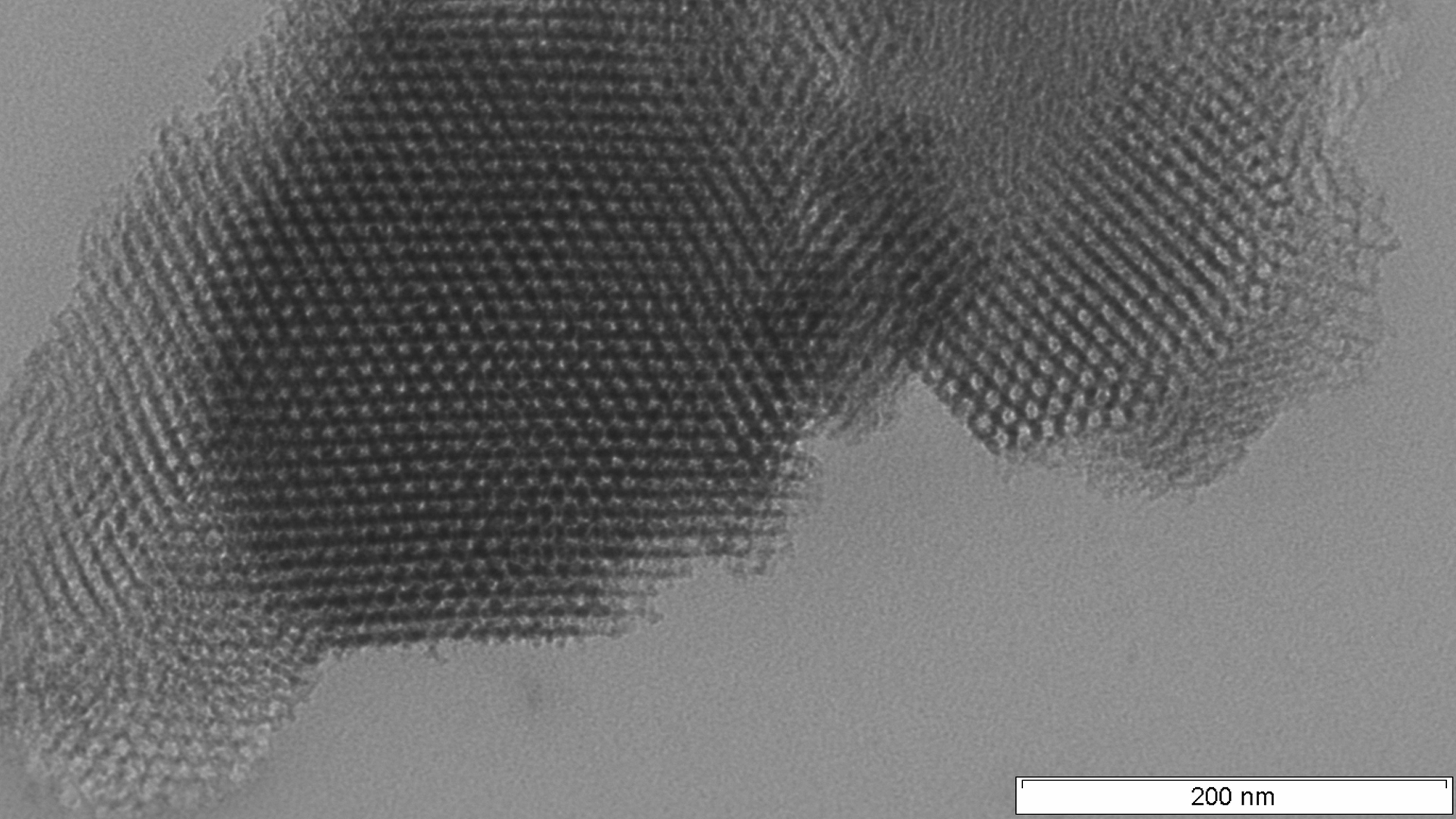The Leona M. and Harry B. Helmsley Charitable Trust has awarded a three-year $3,304,400 grant to the Tel Aviv University Leona M. and Harry B. Helmsley Nanotechnology Research Fund to launch research on personalized "theranostic" nanomedicines for cancer, cardiovascular, and inflammatory diseases. Theranostics, combining diagnostics and therapeutics, are a key component of the rapidly growing field of personalized medicine.
The Helmsley Charitable Trust grant provides matching funds for monies received from the government-supported Israel National Nanotechnology Initiative (INNI). In March 2012, the INNI selected Tel Aviv University from among 30 applicants to launch and lead a research consortium to work on a combined system of diagnostic and therapeutic treatments. The goal of the "Nanomedicines for Personalized Theranostics” team is to design a new class of drugs that can destroy faulty proteins and to deliver these drugs in a way that is safe for each individual patient.
Comprised of 11 laboratories, the consortium is dedicated to accelerating breakthroughs in the field of personalized medicine by developing nano-sized drug delivery systems for detection and treatment. Eight of the labs are TAU-led, with additional participation from Hebrew University Jerusalem, Bar-Ilan University and Ben Gurion University of the Negev.
 Prof. Dan Peer, recruited by TAU from Harvard Medical School in 2008, initiated the project, organized the consortium, and has been appointed director of the initiative. INNI awarded him a $5.75 million grant over five years based on a Tel Aviv University commitment to provide one-to-one matching funds from its own operating budget and donor funds, for a total of $11.5 million at $2.3 million per year. Additional funds have already been secured from the National Institutes of Health and the Oakland, CA-based Kenneth Rainin Foundation.
Prof. Dan Peer, recruited by TAU from Harvard Medical School in 2008, initiated the project, organized the consortium, and has been appointed director of the initiative. INNI awarded him a $5.75 million grant over five years based on a Tel Aviv University commitment to provide one-to-one matching funds from its own operating budget and donor funds, for a total of $11.5 million at $2.3 million per year. Additional funds have already been secured from the National Institutes of Health and the Oakland, CA-based Kenneth Rainin Foundation.
A humanitarian partnership
President of Tel Aviv University Prof. Yossi Klafter has been personally involved in the initiative throughout. “Together, the INNI and Helmsley Charitable Trust awards put the spotlight on the pioneering work being done by Tel Aviv University scientists, and provide greater access to collaborations with similarly talented international communities. That means more progress in the very promising field of nanotechnology — and at a much faster rate.”
Prof. Peer, who also heads the Laboratory of NanoMedicine at TAU, adds that “the addition of the Helmsley Charitable Trust grant puts us in a position to translate laboratory research into clinical practice within 10 years at the outside. For patients, that means minimally invasive, extremely efficient and safe nano-based delivery strategies that will specifically target diseased cells while leaving healthy cells untouched."
Prof. Peer has long been at the forefront of research in the field. His work was among the first to demonstrate systemic delivery of RNAi using targeted nanocarriers to the immune system and the first to demonstrate in vivo validation of new drug targets using RNAi in the immune system. With Prof. Rimona Margalit, he developed a nano-sized vehicle with the ability to deliver chemotherapy drugs directly into cancer cells while avoiding interaction with healthy cells — a stealth “submarine” — increasing the efficiency of chemotherapeutic treatment while reducing its side effects.
This is the first gift to Tel Aviv University from the Leona M. and Harry B. Helmsley Charitable Trust, which aspires to improve lives by supporting effective nonprofits in a variety of selected areas. Since 2008, when the Trust began its active grant-making, it has committed over $700 million to a wide range of charitable organizations.



